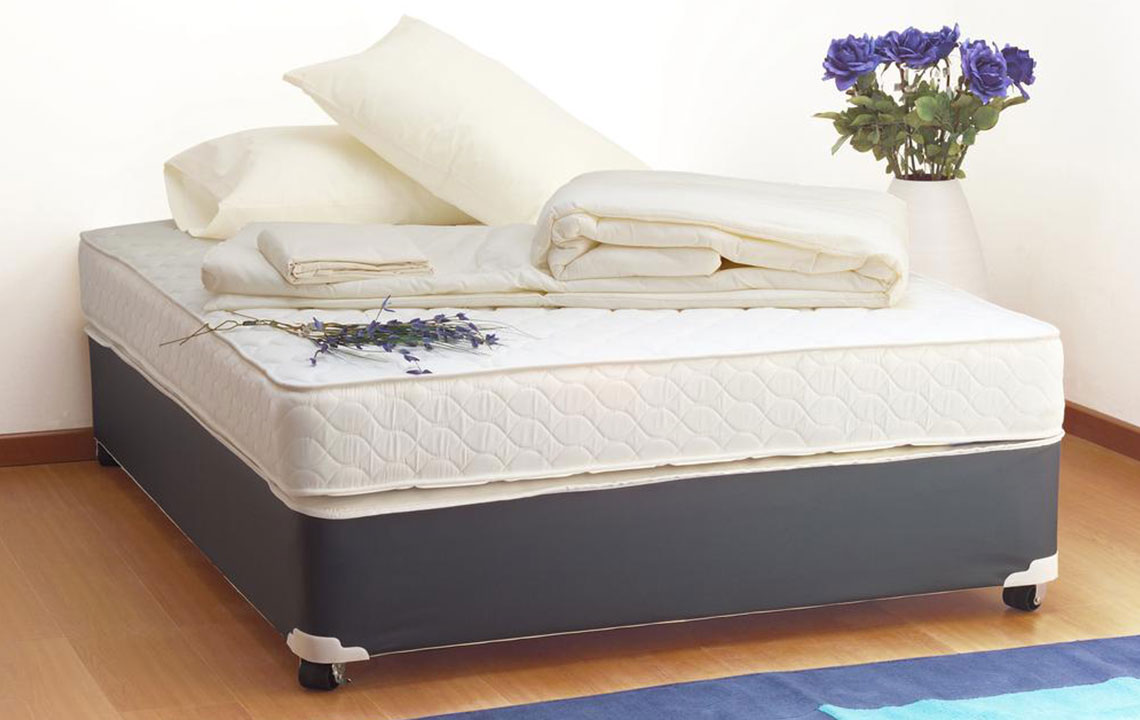Key Factors to Consider When Selecting a Mattress
Discover essential tips for selecting the perfect mattress, including core materials, body weight considerations, thickness, and sleep position. These factors influence comfort, support, and overall sleep quality, aiding you in making an informed purchase decision for better rest and spinal health.

Key Factors to Consider When Selecting a Mattress
When shopping for a new mattress, the core material significantly influences comfort and support. The four primary types of supportive cores are latex, foam, air-supported, and innerspring. These materials form the foundation of your mattress choice, impacting its overall feel. Heavier individuals often prefer thicker mattresses with durable, interconnected coils that provide optimal support. Pocketed coils, wrapped individually and covered with fabric, minimize disturbance from movement, offering a more restful sleep experience.
An often-overlooked yet crucial aspect of mattress selection is the user's body weight. This should heavily influence your decision to ensure proper support and comfort. Tailoring the mattress to body weight and type helps optimize support, reduce pressure points, and enhance overall sleep quality.
The mattress's thickness plays a vital role in support and comfort, often more so than size. Memory foam mattresses, for instance, come in various types with consistent heights across sizes. Additional layers through customization, quilting, or upholstery can alter thickness and support. Sleep position also impacts your choice—different sleeping styles require specific support levels to protect the spine and reduce discomfort.
Back sleepers benefit from firmer mattresses providing support, typically in the 4-7 firmness range, to avoid pressure buildup. Side sleepers prefer medium firmness (3-6 on the scale) with plush, contouring surfaces that relieve pressure points and prevent pain. Stomach sleepers need firm support, around 5-7 firmness, to keep proper spinal alignment and prevent soreness.
Note:
This blog offers valuable insights across various topics to help readers make informed decisions. While our information is based on research and expert data, it should not replace professional advice. The website cannot guarantee the accuracy of external data or information on other platforms. Additionally, some promotional offers may not be reflected here, so users should explore all options for the best deals.










